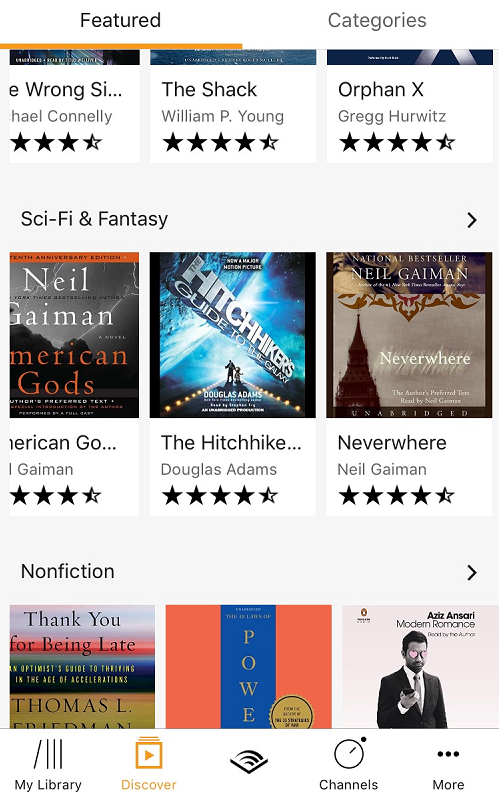As with ebooks, two of the biggest players in the audiobook world are Amazon (owner of the subscription-based service Audible) and Apple, whose digital iTunes store provides an extensive distribution platform. In the global market, Amazon and Apple had an exclusive audiobook deal dating back to before Amazon had even acquired Audible in 2008. The deal was that Apple would only be able to stock audiobooks from Audible in the iTunes store, and Audible could only supply their audiobooks to Apple’s iTunes store.
According to Reuters, an investigation was launched by Germany’s antitrust regulators in November 2015 after a complaint was filed by the German Publishers and Booksellers Association (GPBA). The GPBA stipulated that “more than 90 percent of all downloads” of audiobooks made in Germany were from Audible or the iTunes store. This prevented other audiobook companies and platforms from being able to compete at a similar level. Apple and Amazon agreed to dissolve their exclusivity deal after talks with both the European Commission and the German Federal Cartel Office. The Wall Street Journal reported that with this dissolution, the audiobook market is expected to become more competitive, ultimately resulting in more options and lower prices for consumers, as well as more freedom for both Audible and Apple regarding their content providers and distributors.
So what could this mean for the US market? Michele Cobb, the executive director of the Audio Publisher’s Association (APA) in the United States, said that “competition in the marketplace is always a good thing.” In terms of the authors themselves, literary agent David Black has said that an expansion in marketplace competition will lead to an expansion in distribution and in readership. The overall consensus among industry professionals is, unsurprisingly, that the more opportunity there is for competition, the better it will be for the consumers, as well as the market.
If the trend holds, the audiobook market will continue to grow and expand at a fast pace. Publishers Weekly reported that over the past couple of years in the United States, audiobooks have overtaken ebooks and print books as the fastest growing format in trade publishing. In 2016, the growth rate reached 31.1 percent, according to the Association of American Publishers (AAP). The same Publishers Weekly article also noted that the recent rise in audio technology, namely smart speakers such as Amazon’s Echo and Google Home, has expanded digital outlets for audiobooks, thus making it easier for consumers to listen to audiobooks in their homes. While digital downloads of audiobooks grows exponentially, sales for audiobooks on disc are still holding strong, and they will likely continue to do so since the car is still the favored place to listen to audiobooks.
It will be interesting to see where audiobooks go from here. Already, audio publishers are experimenting with various innovations to develop and broaden the format, including using multiple voice actors instead of just a single narrator; bonus material exclusive to the audiobook; and adaptations of intensely visual works such as graphic novels, to name a few. The continued increase in popularity and innovation in the audiobook format has largely set it apart from traditionally published books, becoming its own entity, although a complete separation is unlikely to occur.

